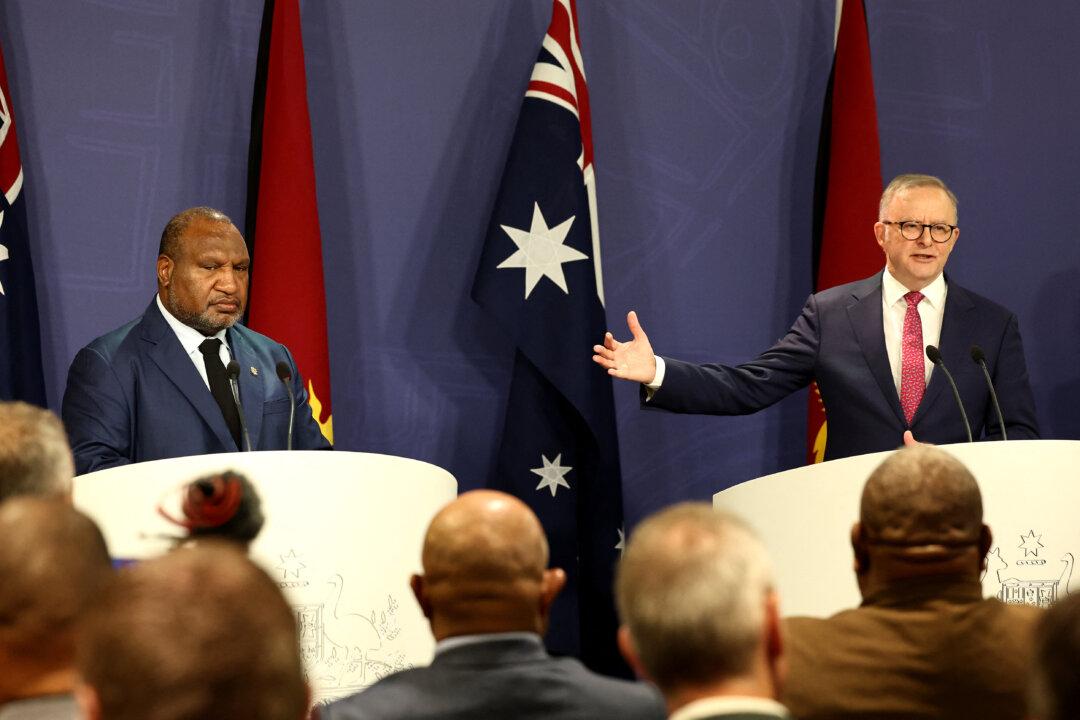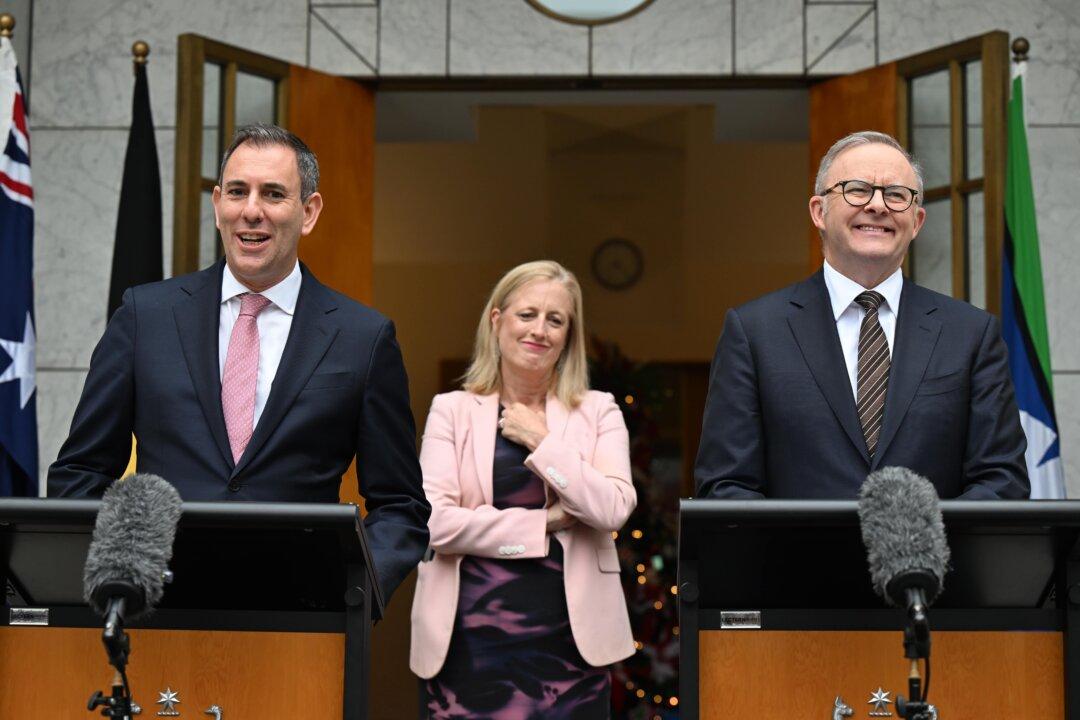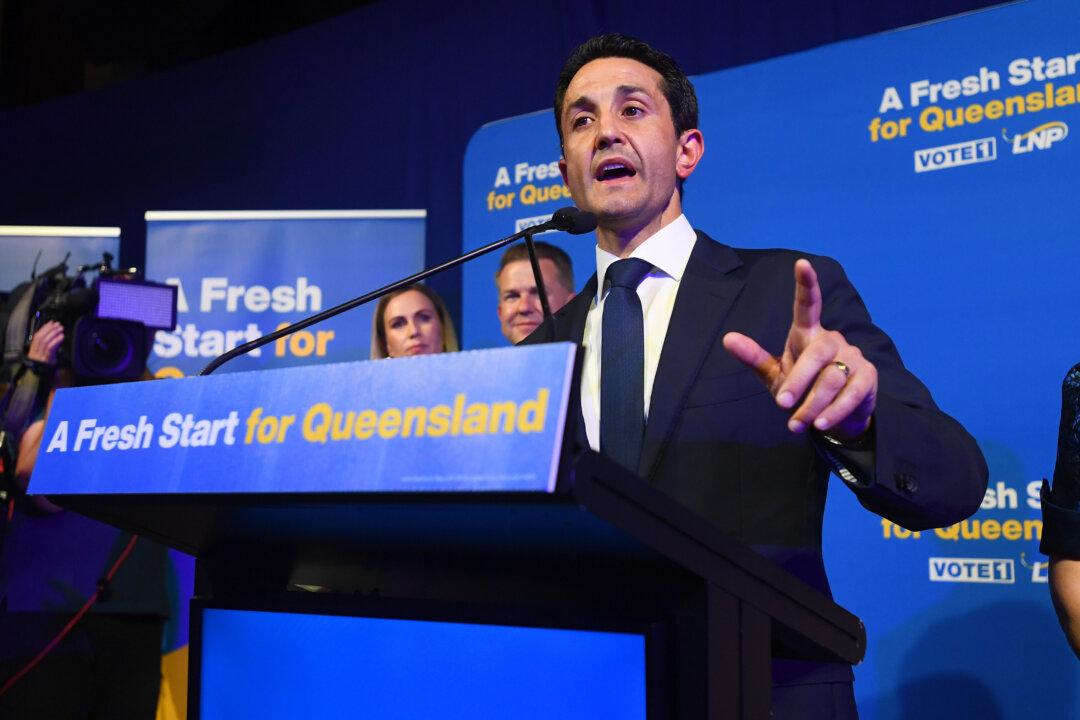Australia’s two remaining oil refineries will receive $2.3 billion in taxpayer funds to stay open and put downward pressure on fuel costs in the country. It also comes as Australia attempts to shore up its fuel security following the closure of two oil refining facilities and increasing geopolitical instability in the region.
The funds will be distributed to Ampol in Brisbane and Viva Energy in Geelong. Almost $302 million will be spent on upgrading infrastructure and facilities as well.
Prime Minister Scott Morrison described the measure as another step towards securing Australia’s economic and national security.
“This is a key plank of our plan to secure Australia’s recovery from the pandemic and to prepare against any future crises,” Morrison told reporters on Monday.
“Shoring up our fuel security means protecting 1,250 jobs, giving certainty to key industries, and bolstering our national security,” he added, noting that he expected motorists to save one cent per litre on petrol.

“We couldn’t afford to become a nation without the capacity to produce crucial fuels [while] hoping shipping lanes remain open.”
Federal Chamber of Automotive Industries (FCAI) hoped the package would see improvements in Australian fuel quality.
“The poor fuel standards in Australia relative to regions such as Europe and Asia have meant that some car companies have been unable to introduce some of the world’s best fuel-efficient and environmentally friendly technologies to the Australian market,” according to FCAI CEO Tony Weber.
Australia currently holds around 68 days of crude oil reserves, below the 90-day standard set by the International Energy Agency.
Further, economic factors have seen Australia’s domestic production drop over the past decade—especially in recent months, which were accelerated by the onset of COVID-19 lockdowns—forcing the country to rely on overseas producers, particularly in Asia.
“The existing Australian refineries are relatively small and old and have to compete against larger and more efficient refineries in the Asian region.”
In October, BP closed its Kwinana Refinery citing regional oversupply and low margins for the plant’s closure.
While in February, ExxonMobil closed its Altona facility in Victoria because it was not economically viable and instead converted the facility into an import terminal.

Further closures would see Australia entirely reliant on fuel imports. However, such a situation would leave the country vulnerable if overseas supply chains were disrupted.
“The current turbulence that is happening—whether its geopolitical instability or a potential risk of conflict in the Indo-Pacific region involving China or the United States—increases the risk of interruption to the global energy supply chain, including imports of much-needed fuels from overseas processing facilities to Australia,” according to Alexey Muraviev, head of the Department of Social Sciences and Security Studies at Curtin University.
“Why is fuel important to us? Because obviously, fuel powers everything. Without fuel, we don’t have trucks delivering goods; we don’t have trains running; we don’t have military hardware operating—including four-wheel drives, trucks, tanks, military aircraft, civilian aircraft, and our warships. The country comes to a standstill,” he told The Epoch Times.
“This ($2.3 billion) gives us a bit of a breather in a worst-case scenario if we cannot receive supplies from overseas,” he added. “The global supply chain was set up on the premise that there would not be any disruptions to the international security environment. This premise may have worked back in the 90s. But right now, in the second decade of the 21st century, we are seeing greater strategic competition.”
Meanwhile, China’s share of Australian fuel supply has increased from just 0.5 percent in 2010 to over 13 percent in 2019-2020. In 2020, Beijing launched an economic coercion campaign against Australia, targeting major exports to the country.
The move has sparked calls for Australian industry to diversify trade relationships away from the influence of the Chinese regime.





